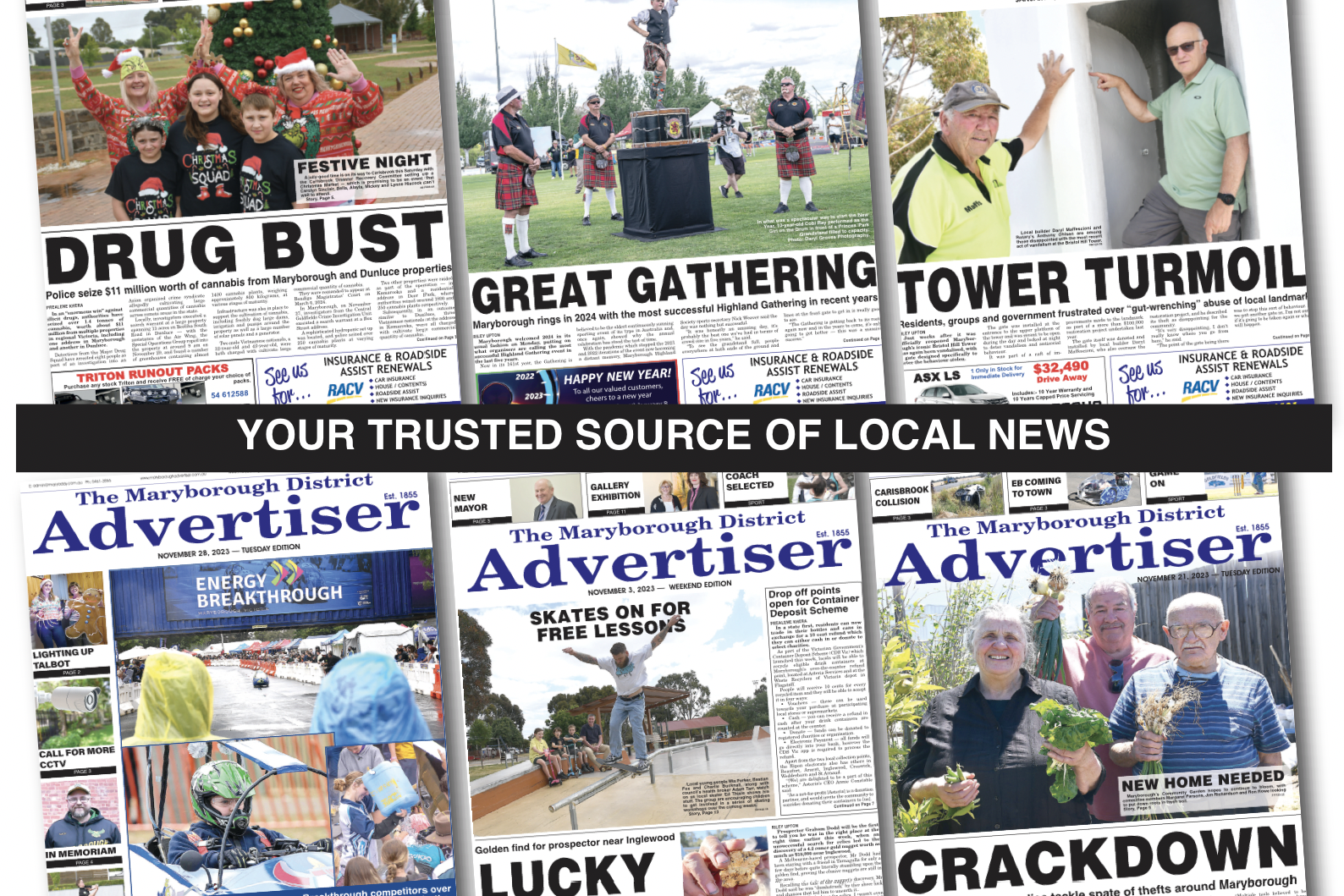General News
14 March, 2024
Op-ed: Facebook threatens local news
Our community’s stories are under attack. It follows a greedy decision by a multi-national, trillion dollar company — one we’re all too familiar with. One of the phrases we commonly come across is: “Yeah, I read about that on Facebook”...

Our community’s stories are under attack.
It follows a greedy decision by a multi-national, trillion dollar company — one we’re all too familiar with.
One of the phrases we commonly come across is: “Yeah, I read about that on Facebook”.
Yes, the person may have read some news while on the social media platform, but it is almost certain that information was generated elsewhere.
Facebook doesn’t employ journalists to engage with local communities and report information relevant to readers and it does not have a boots on the ground presence within those communities.
We, The Advertiser, do. And we have since 1855 — almost 170 years.
Unlike Facebook, a US-based tech giant, The Advertiser and its staff are locals. We are your neighbours, telling your stories, and recording your history for generations to come.
Our Tuesday and Friday editions keep our readers informed on local news, sourced and reported on by local journalists in the interest of our local community.
Facebook doesn’t attend the local meetings and events that matter —like the Talbot Farmers’ Market, marking its 20th year this weekend — and report on what happens. We do.
Facebook doesn’t campaign on the important social issues or infra-structure needs of local com-munities. We do.
Facebook also doesn’t support great local causes like the Full Monty fundraiser for the local oncology unit. We do.
As one of the 230 members of Country Press Australia, The Advertiser has been eligible for funding provided by Meta, Facebook’s parent company, to support local journalism thanks to an agreement CPA struck with the corporate body.
For the last two years, we’ve been able to invest that funding back into our staff and equipment to improve the quantity and quality of the news we deliver locally.
That funding allowed us to add a few more hours each week for our staff — people you know as family and friends — who in turn spend their money supporting local businesses.
It means the continuation of free advertising for not-for-profit events, charities and fundraisers, spreading the benefit of this funding across our community. It means we can offer advertising discounts and run special pricing almost weekly.
So, the decision by Meta to stop paying for the news it allows to be shared across Facebook and Instagram will have a very real and very direct impact on our newspaper and the support we can offer our community.
This is the same for every small country newspaper in Australia.
Meta will also remove the news tab on Facebook — which may not seem like a big deal — but what if all news services are blocked, as Meta has done in Canada, and as it did in Australia briefly in 2021?
What Facebook does bring to the ‘news’ conversation are the various noticeboard sites that pop up and offer rumours and misinformation.
This decision should be a warning to all small businesses and organisations that use Facebook or Instagram as their only digital platform.
What happens if Meta next decides to charge hairdressers, cafes or gyms for business pages, or block community events?
Not paying fairly for news, and then threatening to block access to media on their platforms is black-mail.
This isn’t just a squabble between giants; it’s about the survival of small newspapers, including ours. It’s about the sustainability of publications that give rural and regional people a voice and record the history of the towns in this region.
This isn’t just about us — it’s about fair compensation for the news we produce.
Stand with us, your local paper, as we stand with you.